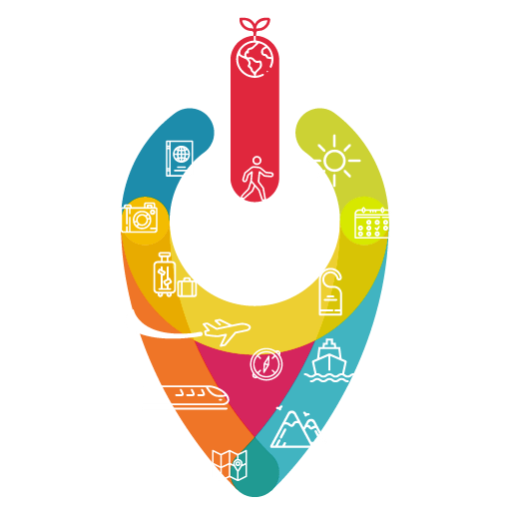Last weeks we showcased the fifth of the RESETTING project areas of expertise, concerning Apps and software (CRM, ERP, smart management, Big Data, Data Analysis, Business Intelligence, HR), and then we introduced the service providers affiliated with the RESETTING consortium that your business can hire if you want to see improvement in that field.
Today we talk about the sixth of the RESETTING project areas of expertise, concerning E-Commerce and Market Intelligence field.
These are two distinct but closely related fields that play a significant role in the business world and are highly relevant in the tourism sector, as they play a crucial role in the digital transformation and competitive landscape of the industry.
E-Commerce, short for electronic commerce, refers to the buying and selling of goods and services over the internet. It involves online transactions, digital payments, and the exchange of products or services through online platforms. In the Tourism Sector we find many of such examples:
Online Booking and Reservations: E-commerce is central to the tourism sector, allowing travellers to book flights, hotels, tours, and other services online. Travel agencies, hotels, and airlines often have e-commerce websites and mobile apps that facilitate bookings and payments.
Online Travel Agencies (OTAs): OTAs like Expedia, Booking.com, and Airbnb are prominent players in the tourism e-commerce space. They provide a platform for travelers to search for accommodations, compare prices, and make reservations, all in one place.
Direct Hotel Bookings: Many hotels operate their own e-commerce platforms to enable direct bookings. They offer promotions and loyalty programs to incentivize customers to book directly through their websites.
Mobile Booking: The rise of mobile e-commerce has made it convenient for travelers to book and manage their trips using mobile apps. Mobile e-commerce is especially prevalent in the tourism sector due to its on-the-go nature.
Personalization: E-commerce technologies are used to personalize travel recommendations based on user behaviour and preferences, enhancing the customer experience.
Payment Gateways: Secure e-commerce payment gateways are crucial in the tourism sector for processing transactions and protecting sensitive financial information.
Market Intelligence is the process of gathering, analysing, and interpreting data and information related to a specific market or industry. Its goal is to provide businesses with insights that aid decision-making and competitive strategy.
Market Intelligence in the tourism sector involves the systematic collection, analysis, and interpretation of data and information related to the travel and tourism industry. The goal of market intelligence is to provide insights that help businesses and organizations make informed decisions, enhance their competitiveness, and better meet the needs and preferences of travellers. Here are its key components:
Competitive Analysis: Market intelligence is used to assess the strategies and offerings of competitors in the tourism industry. This includes monitoring pricing, services, and customer feedback.
Customer Behaviour Analysis: Market intelligence helps tourism businesses understand customer behaviour and preferences. This data informs decisions on pricing, marketing strategies, and product development.
Market Trends: Keeping abreast of market trends is vital in the tourism sector. Market intelligence helps businesses adapt to changing consumer preferences, technological advancements, and emerging destinations.
Demand Forecasting: Predictive analytics, a component of market intelligence, aids in forecasting demand for specific travel destinations and accommodations. This information guides pricing and inventory management.
Geographic Analysis: Market intelligence tools can provide geographic insights, helping tourism businesses target specific regions and demographics effectively.
Customer Reviews and Feedback: Monitoring and analysing customer reviews and feedback on various online platforms are integral to market intelligence. This data is used to improve services and address concerns.
In summary, E-commerce is the online buying and selling of products and services, while Market Intelligence is the process of gathering and analysing data to make informed business decisions. Both fields are crucial in today’s business landscape, with E-commerce providing the platform for online transactions, and Market Intelligence supplying the data-driven insights to support strategic decision-making in this digital marketplace.
In the tourism sector, the integration of e-commerce and market intelligence has led to data-driven decision-making, improved customer experiences, and increased competitiveness. Businesses that leverage these tools effectively can tailor their offerings to meet traveller demands, optimize pricing, and stay ahead of the competition in a rapidly evolving industry.
If you are interested boosting any communication aspect that we just talked about, there are many service providers affiliated with the RESETTING consortium that can be hired to assist you, and we will introduce them next week!

